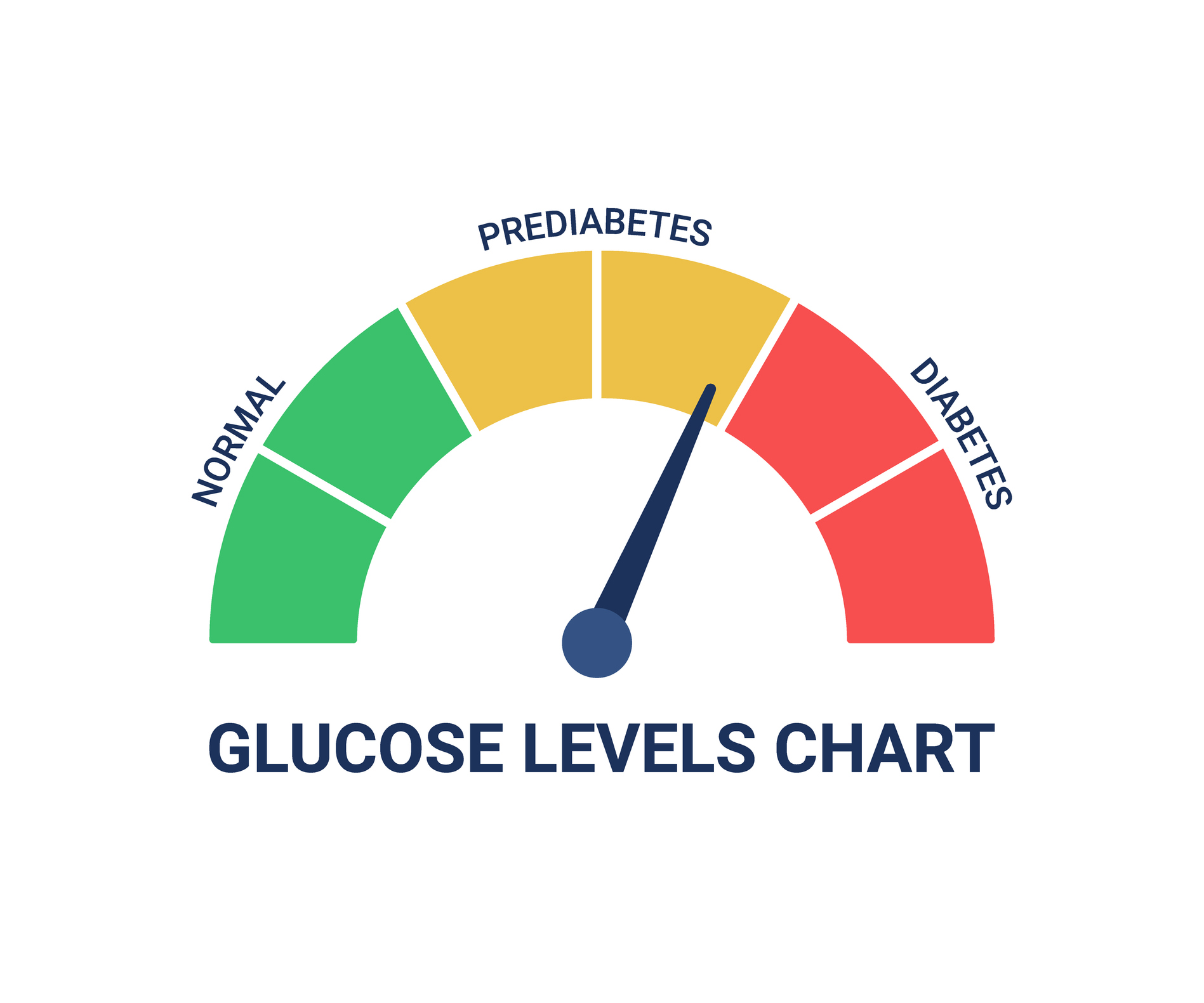If you have been diagnosed with Prediabetes – meaning that your blood sugar is above normal but not extremely high, eating a healthier diet, losing a bit of weight, and getting more exercise can help prevent a progression to Type 2 diabetes. But newer research suggests that older adults who have Prediabetes shouldn’t stress too much about the condition, especially if worry makes them anxious or alarmed.
According to a recent Kaiser Health News report, a new Centers for Disease Control and Prevention study found that among 50,000 older patients with Prediabetes, just over 5 percent developed Type 2 diabetes over a period of 8 years. Older adults in the study who were obese had a significantly higher risk for developing Type 2 diabetes, as were Black seniors, those with a family history of diabetes, low-income seniors, and older adults at the higher Prediabetes blood sugar level range.
By participating in diabetes prevention classes, people with Prediabetes can lower their risk of the disease progressing by about 70 percent, but very few actually participate in these classes. Education about healthy eating, weight loss strategies, and the importance of regular exercise can not only help adults avoid diabetes, but these lifestyle habits can also help prevent other chronic illnesses.
In older adults, especially those over the age of 75, a diagnosis of Prediabetes may be an incentive to adopt healthier habits but shouldn’t be a huge concern if it is a new diagnosis. The new CDC research supports a recent Johns Hopkins study that suggests cardiovascular disease and mortality should be the focus of disease prevention among seniors rather than Prediabetes progression.
Many older adults have marginally elevated blood sugar levels because the aging body produces less insulin and processes it less efficiently. But it’s unlikely that seniors will experience the serious side effects of younger adults who develop Type 2 diabetes, or that Prediabetes will necessarily progress.
Most adults could benefit from moving more, eating less sugar, and limiting processed foods. Start with small changes – read labels for added sugars, opt for whole grains, limit juices, and watch for snack foods loaded with sugar like granola bars. Fresh fruits and vegetables, nuts, or homemade popcorn are good alternatives. Small actions over time can bring about a big change!






Add Your Voice
0 Comments
Join the Discussion